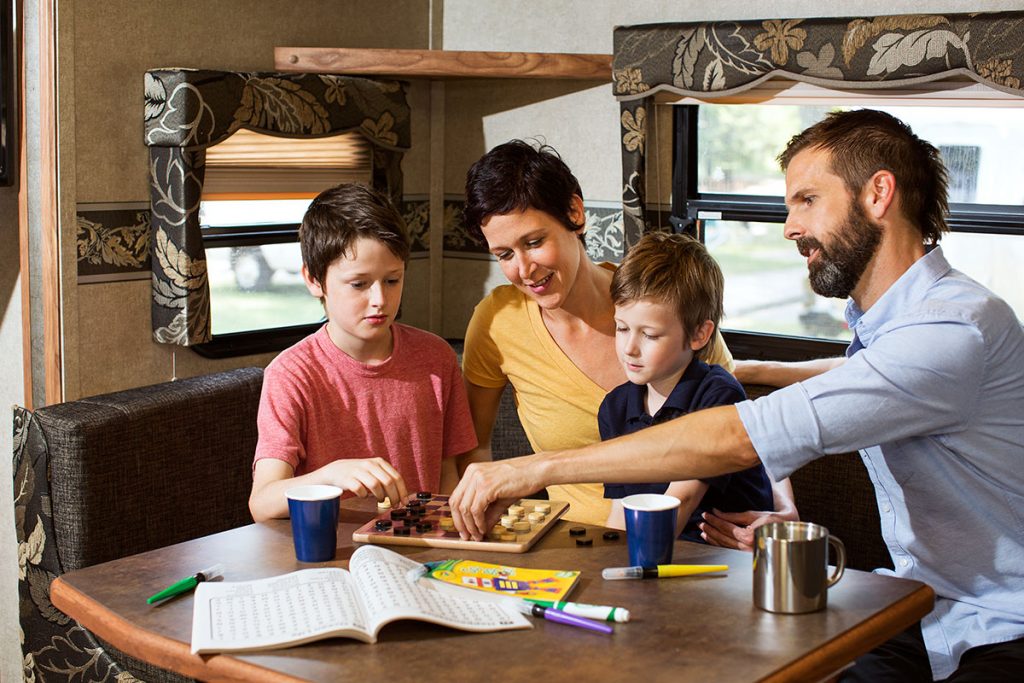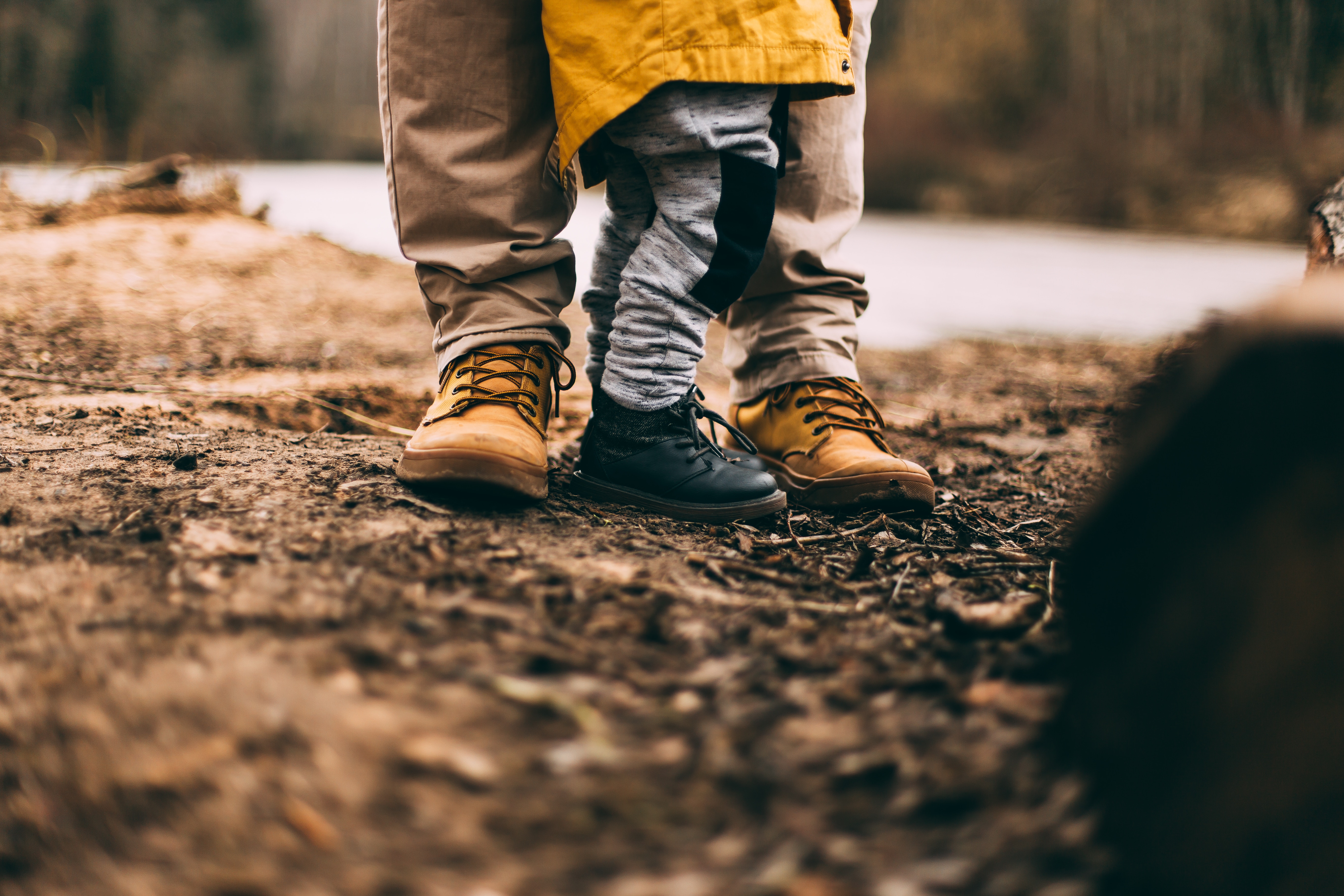You have the experience. You’ve done the research. But it’s still a good idea to brush up on safety dos and don’ts as you embark on another family camping trip.
Do: Reiterate the rules.
As a parent, you know how often you find yourself repeating the same request or direction. Just because your family has gone camping before, even many times before, doesn’t mean those guidelines or rules are cemented in your kids’ brains. Remind your kids that the rules set at home remain the same at the campsite: keep your stuff off the floor, pick up after yourself, help with the dishes, etc. Before a hike, it makes sense to remind everyone to wear sunscreen or repellent, to stay together, to be prepared for the weather. Of course, what your kids can do on their own and without your direct assistance (i.e., bring a coat) depends on their age and maturity. Eventually, with enough repetition and experience, these rules will become second nature and you’ll just need to make the occasional reminder. Only you will be able to judge when that magical time has arrived.
Do: Assign chores.
Sure, camping trips are vacations for most people; however, there still needs to be structure and order at the campsite to ensure safety and cleanliness. Keeping trash off the ground, cleaning up dirty plates or pans, putting storage bins back where they belong, take care of the dog (if you have one, follow these tips) and sweeping the floor are just some of the tasks that can be passed on to your children. As they grow older, those tasks can get more demanding depending on their skill, including cooking dinner or washing the exterior of the camper. A chore chart can be extremely helpful with this, especially if you can move chores around so that the kids don’t get bored doing the same thing.
Do: Bring bikes.
Bikes keep kids entertained for hours, plus they are useful modes of transportation for little legs to get to the beach or campground playground. Don’t forget the helmets and add reflectors to the bikes in case they will be out riding at dusk.
Do: Orient kids to the campground.
When you first arrive, it’s a good idea to help your kids get a sense of their surroundings. Park the RV and then take a bike or walk around the campground. Show them the main buildings: bathrooms, convenience store, main office. If there’s a playground or a pool or a lounge area, take them there, read aloud any campground rules (at least point them out), and let them get used to where those places are in conjunction to their given campsite. Show them a map, if they are old enough, and mark at least two routes for returning to the campsite. Make sure you quiz them on your campsite number and reiterate that there should be a buddy system when roaming around the campground. Note any off-limit areas, i.e., the beach, where they can’t go unless an adult is present.
Don’t: Let kids pass the time with screens.
Yes, they can help in a pinch to keep them entertained or stationary (for a moment). But keep screen time to a minimum or don’t allow it altogether. Phones can be lifesavers for keeping family members connected if the group will be splitting up, but they can also be time-slavers. Encourage your kids to be active and outdoors… and lead by example. Leave the phone, tablet, or laptop at home, or at least have clear-cut rules about their use.

Pass the time playing a family game instead of with a screen.
Don’t: Forget the safety equipment.
Safety equipment includes a whistle and a flashlight. Each child who’s old enough should have these items. A whistle should only be used in times of real distress, not just for fun. Sunscreen and bug repellent are other pieces of “safety” equipment no child should be without. Bright clothing and hats help with visibility, too.
Don’t: Forget to tell someone your plans.
Let a grandparent or friend at home know of your plans: where you’re going, when you’ll be back, and how they can get in touch with the campground if they can’t a hold of you directly. When you leave your RV for the day, such as for a hike or to go kayaking, notify a neighbor of your plans or leave a note in the RV with specifics about where you went and when you’ll return. This is just in case something happens, being prepared, so that others can find you.
Don’t: Stress out.
Stress can kill a good time. You brought your family together to have some quality time and to make memories. So what if it all doesn’t go as planned or if you forgot something or it ends up raining half the time? Just like at home, manage your expectations and roll with the punches as well as you can. But stick to your expectations; they’ll help make stronger kids. Have backup plans. Be flexible with your time and plans, and adjust them depending on what your kids need. Even though you’re not in a familiar place, don’t let the unknown keep you from having a good time with your clan.

